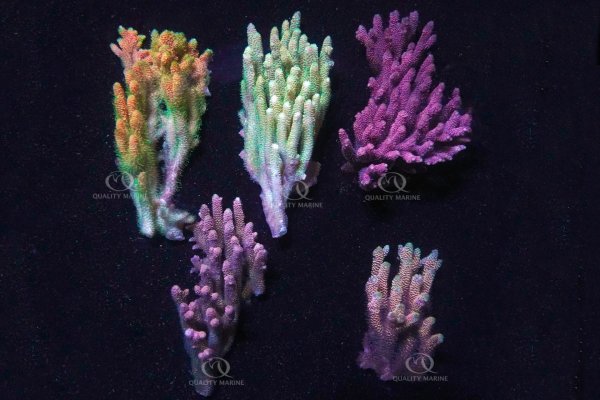The Solomon Islands Acropora have great colorations and quality. These are collected from short supply chain, which eliminate inconsistent levels of care and increase survivability. We here at Quality Marine place the utmost importance on supply chains and are very proud to offer livestock from our Solomon Island SSC once again! If you are doing regular water changes with a quality salt like Tropic Marin, you should have no problem keeping all of the things the Acropora needs in balance until it gets very large indeed. We also suggest feeding all Acropora at least weekly. Nutramar's line of live algae blends are great for this.











